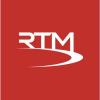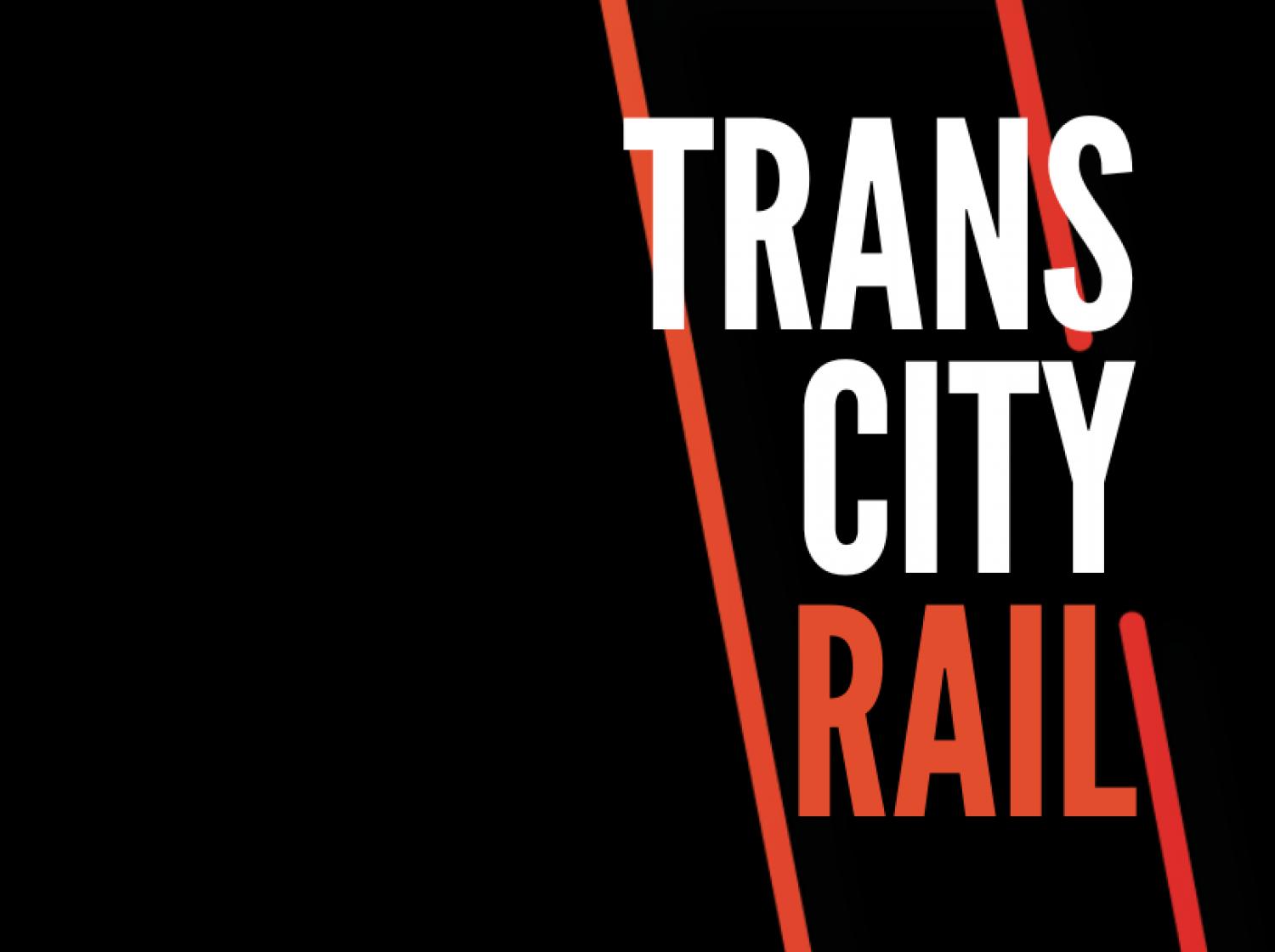Mark Wild, Chief Executive of HS2 Ltd, has called on the UK property sector to harness the transformative investment potential of the country’s new high-speed rail network.
Speaking at the UK Real Estate Investment and Infrastructure Forum (UKREiiF), Wild highlighted how HS2 is already unlocking a powerful new growth corridor between London and the West Midlands.
According to economic analysis by Arcadis, HS2 is driving a £20 billion surge in investment around its key station sites in Birmingham, Solihull, and West London. In northeast Birmingham, the suburb of Washwood Heath is rapidly emerging as a prime destination for investors, thanks to its strategic role as home to HS2’s Network Integrated Control Centre and maintenance depot.
In the West Midlands, HS2 is catalyzing ambitious development plans, including:
- 41,000 new homes
- 30,835 jobs
- 704,000 square metres of commercial space
These developments are concentrated around three major HS2 hubs: Curzon Street Station, Interchange Station, and the Washwood Heath control centre.
Meanwhile, West London is becoming a new hotspot for regeneration, anchored by HS2’s 14-platform superhub at Old Oak Common. Within a 1.5-mile radius of the station, Arcadis projects the creation of:
- 22,000 homes
- 693,000 square metres of commercial floorspace
- 18,782 jobs
Wild’s message to the property industry was clear: HS2 is not just a transport project—it’s a once-in-a-generation opportunity to reshape regional economies and deliver long-term value across the UK.
Speaking at the event at the Royal Armouries in Leeds, Mark Wild said:
“The scale of investment and regeneration since HS2 received Royal Assent less than a decade ago is staggering, but the 140-mile route linking London to Birmingham is still ripe with opportunities, far beyond the £20bn boost we’re already seeing, and that’s why I’m here at UKREiiF.
“HS2’s success and legacy relies on the investors and developers sitting in front of me today, and my message to them is simple – ‘Let’s deliver growth together’.”
HS2 is the most significant addition to the rail network in over a century and lays the foundations for the future of our railways. Once operational, it will provide significantly more reliable and faster journeys, almost halving journey times between Britain’s two largest cities while relieving pressure on the most congested southern end of the West Coast Main Line – creating more space for local, regional and freight services.
Despite recent progress, HS2 is currently undergoing a fundamental reset to make sure the railway can be delivered efficiently and for the lowest feasible cost.
Influential figureheads from the urban regeneration, investment, and property development sectors, who have already seized upon HS2’s arrival, joined Mark Wild on stage.
Tom Wagner, co-founder of Knighthead Capital Management and owner of Birmingham City Football Club, outlined his vision for a new £3bn Sports Quarter in East Birmingham. Enhanced transport connectivity is at the heart of his plans for a new 60,000-seater stadium, sports campus of training facilities, a new academy, community pitches as well as leisure, commercial and residential development – creating around 8,500 jobs.
Alice Sewell, Investment Director at Imperial College London, spoke on behalf of the world-leading University and set out its hugely ambitious development plans. One Portal Way is one of four sites the University has acquired close to HS2’s Old Oak Common Station as part of its drive to create 1,300 new homes, expand the innovation ecosystem offer and the West Tech Corridor.
Craig Carson, Managing Director, Barratt West London is spearheading plans to create a new town centre for Park Royal, with a brand-new Asda superstore and over 1,500 new homes – all designed with sustainability in mind. As a car-free residential development, Old Oak Common’s 14-platform station, with HS2, the Elizabeth line, central line and overground services, is pivotal to its plans.
Katie Trout, Deputy Chief Executive, West Midlands Growth Company is connecting private sector investors and developers to some the UK’s most significant regeneration schemes. At UKREiiF, the West Midlands will showcase more than £20bn of major investment opportunities, including Smithfield Birmingham – which sits adjacent to HS2’s new Curzon Street terminus.
Image credit: HS2

















